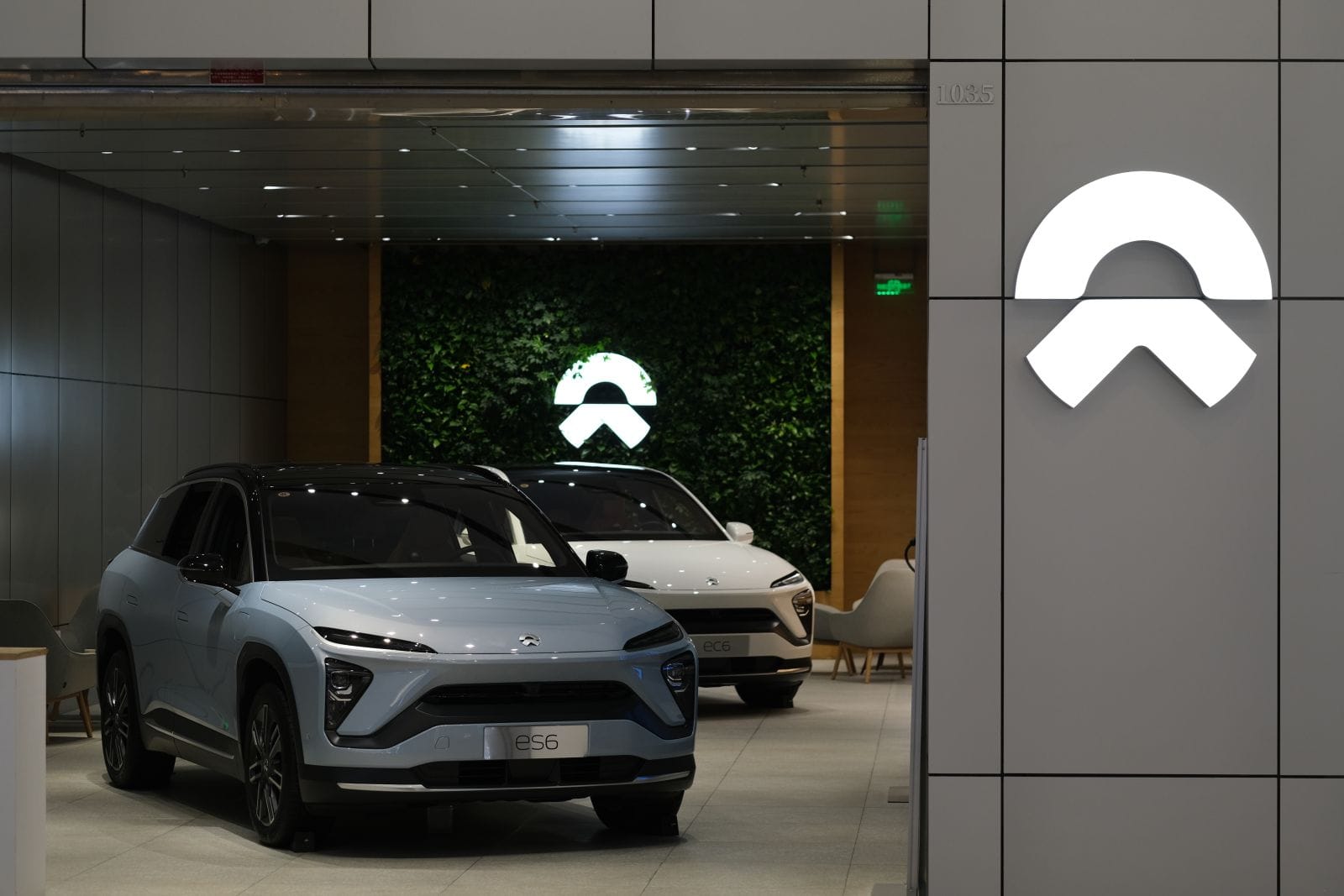Nio, the Chinese electric vehicle cEVc automaker, is on a trajectory of significant growth, projecting sales of 450,000 units this year, effectively doubling its sales from the previous year. This remarkable expansion has sparked investor interest, prompting questions about whether now is the right time to invest in the company as it continues to surge ahead in the competitive EV market landscape.
The key to Nio's success lies not only in its innovative EV offerings but also in its distinct battery-as-a-service business model. This model allows for quick battery swaps at designated locations, addressing common concerns about long charging times and creating a recurring revenue stream for the company. By offering customers a streamlined solution to charging needs, Nio sets itself apart from competitors and establishes a steady income flow through this service.
Despite its promising growth, Nio faces formidable challenges in its path to further expansion, both locally and globally. Competition in China's EV market is fierce, impacting Nio's ability to scale up sales, maintain competitive pricing, and achieve sustainable profitability. The company's initiatives for international expansion have also been hindered by trade barriers, such as tariffs and duties on Chinese EV imports impacting its outreach to global markets.
Financially, Nio has been grappling with significant losses, attributed to its capital-intensive operating model, which requires substantial investments in research and development, production capacity expansion, and network infrastructure establishment. The company reported a net loss of RMB 22,402 million capproximately $3 billionc last year, with losses increasing in the first quarter of this year. These financial challenges have raised concerns among investors about the company's long-term sustainability and profitability outlook.
In response to these obstacles, Nio has been implementing strategic measures to bolster its financial performance. The company aims to enhance profitability through cost-cutting initiatives, including optimizing expenses across various business functions such as research and development, the supply chain, and sales and services. These efforts have garnered attention, with Goldman Sachs upgrading Nio to a neutral rating and forecasting improved profit levels over the next few years.
Looking ahead, Nio's CEO, William Bin Li, remains optimistic about achieving profitability by the fourth quarter of 2025, driven by the ongoing cost-cutting strategies and restructuring endeavors. While the company projects doubling its sales to 450,000 units, analysts offer a more conservative estimate, suggesting sales could potentially reach around 337,000 units. The discrepancy in projections underscores the uncertainties surrounding Nio's growth trajectory and the challenges it must overcome to reach its ambitious targets.
With Nio's stock trading at a price-to-sales ratio of 0.95, investors are presented with a complex decision. While the company shows promise with its innovative offerings and potential for growth, the persistent losses, geopolitical uncertainties, and intense market competition pose risks to investors. Before making any investment decisions, it is crucial to closely monitor Nio's financial performance, market positioning, and ability to demonstrate sustainable growth in the competitive EV sector.
In conclusion, Nio's journey reflects the dynamism and challenges of the rapidly evolving EV industry. The company's innovative solutions and growth prospects offer an enticing investment opportunity, but the inherent risks and uncertainties underscore the importance of thorough due diligence and a deep understanding of the market landscape before diving into Nio stock. Ultimately, investors must weigh the potential rewards against the associated risks when considering an investment in Nio.


